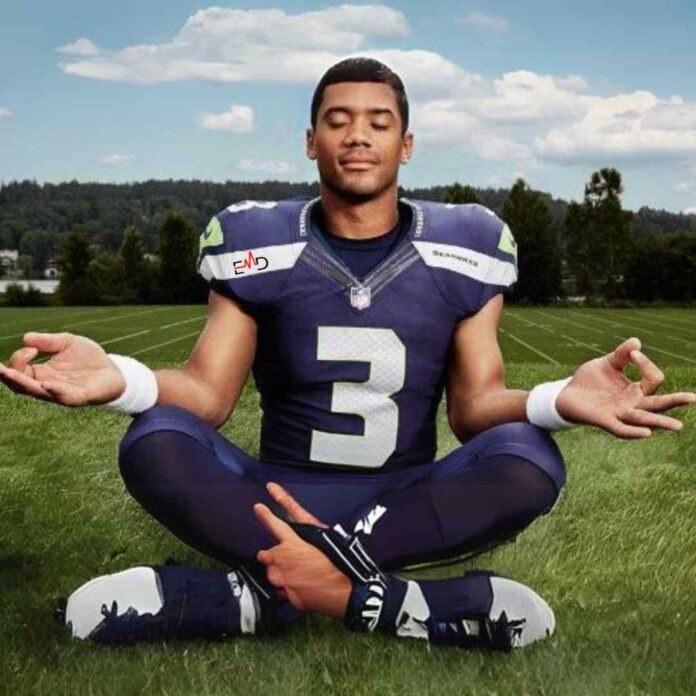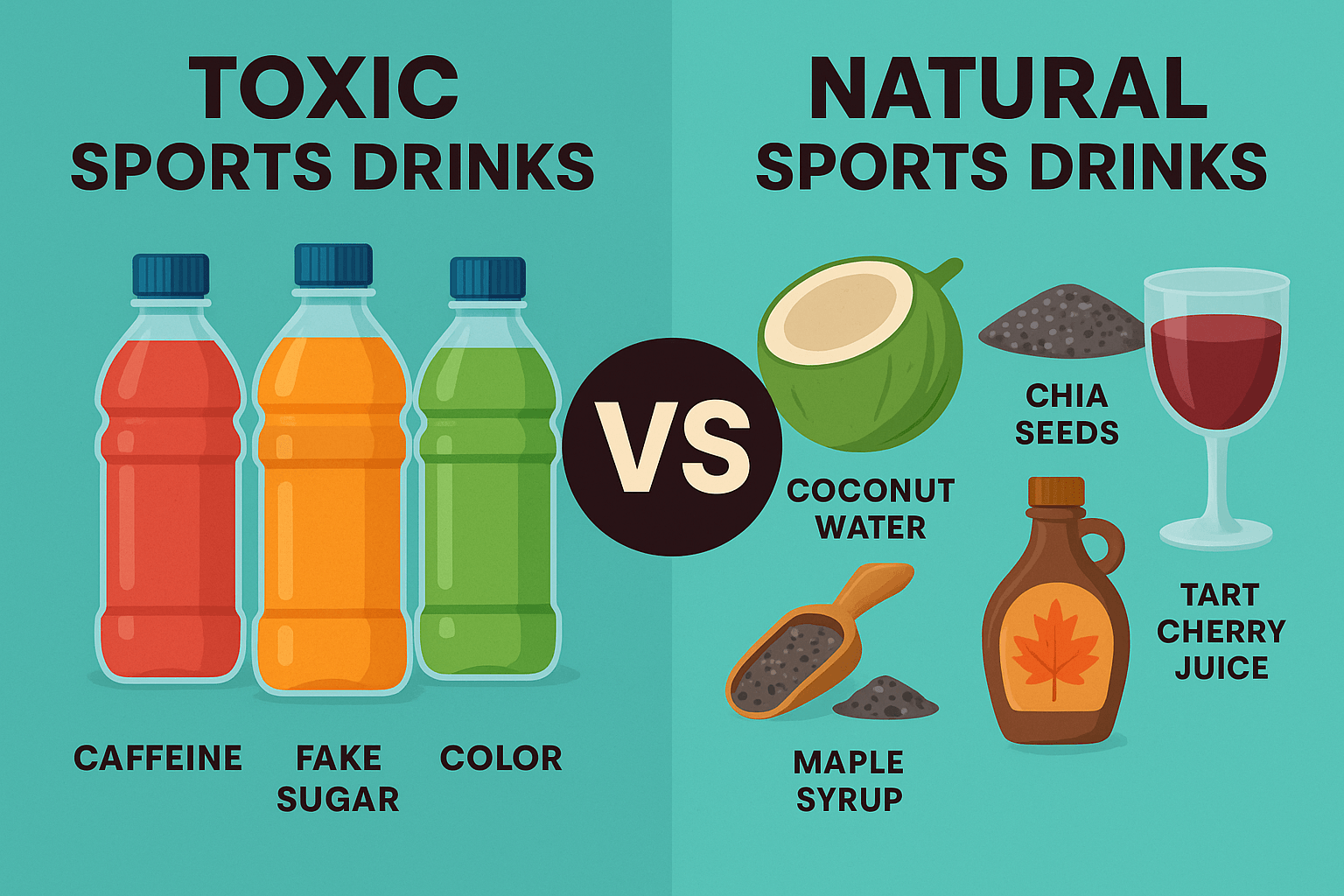Exercise Daily – In sports, athletes often prioritize physical training to enhance their performance. However, they may overlook the profound impact of sports psychology and mental training on their success. Mental toughness, crucial for elite athletes, can be cultivated through a tailored mental training program. By leveraging techniques like meditation, focus drills, and relaxation, athletes can strengthen their mental game and perform at their peak.
Creating a mental training plan customized to individual strengths and weaknesses is key. Athletes like Michael Phelps understand that success starts within, necessitating physical and psychological training. Sports psychologists and mental coaches are vital in guiding athletes through goal setting, cognitive skills training, and performance improvement.
Mental Training: The Key to Unlocking Athletes’ Potential
As athletes strive for excellence, they often overlook the significance of mental training. While physical skills play a vital role, cognitive skills can be the differentiating factor that propels athletes toward greatness. Mental training equips athletes with the tools to harness their inner strength, overcome obstacles, and perform at their peak. It is the secret ingredient that separates good athletes from great ones.
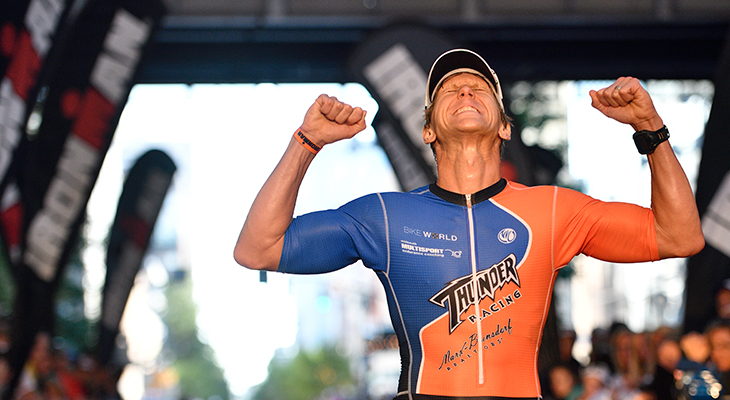
Understanding the Importance of Mental Skills
Mental skills are the cognitive and emotional abilities that athletes utilize to optimize their performance. These skills encompass various aspects such as focus, concentration, confidence, resilience, and motivation. By honing mental skills, athletes develop a competitive edge that enables them to thrive under pressure and maintain consistency in their performance.
Building a Strong Mental Foundation
Mental preparation, including specific mental exercises and relaxation techniques, is essential for mentally tough athletes. Coaches can also encourage athletes to use tools like Rewire Fitness to enhance their mental game. Whether it’s improving focus, confidence, or successful skill performance, cognitive training is paramount. Ultimately, success hinges on choosing the right mental strategies tailored to each athlete’s needs.
Mental Training Program: A Roadmap to Success
Athletes can benefit from creating a well-rounded mental training program to embark on the journey of cognitive training. This program serves as a roadmap to success, outlining the steps and techniques required to enhance cognitive skills. It involves setting specific goals, identifying areas of improvement, and devising strategies to overcome challenges. A cognitive training program is a structured framework that empowers athletes to optimize their mental prowess.
Developing Mental Strategies for Peak Performance
Successful athletes understand the importance of mental strategies in achieving peak performance. These strategies involve cultivating a positive mindset, managing stress effectively, and staying focused amidst distractions. By developing mental strategies tailored to their individual needs, athletes can unlock their full potential and consistently perform at their best.
Overcoming Mental Barriers
Breaking Through Mental Barriers
Mental barriers can hinder athletes from reaching their true potential. These barriers manifest as self-doubt, fear of failure, or negative self-talk. Athletes must develop mental resilience and adopt a growth mindset to overcome these obstacles. By acknowledging and challenging their limiting beliefs, athletes can break through mental barriers and unleash their true potential.
Mental Training Exercises: Strengthening the Mind
Just as physical exercises strengthen the body, mental training exercises strengthen the mind. Athletes can engage in various mental training exercises to enhance their resilience and focus. These exercises may include visualization techniques, breathing exercises, and mindfulness practices. By incorporating these exercises into their daily routine, athletes can cultivate a solid and resilient mind.
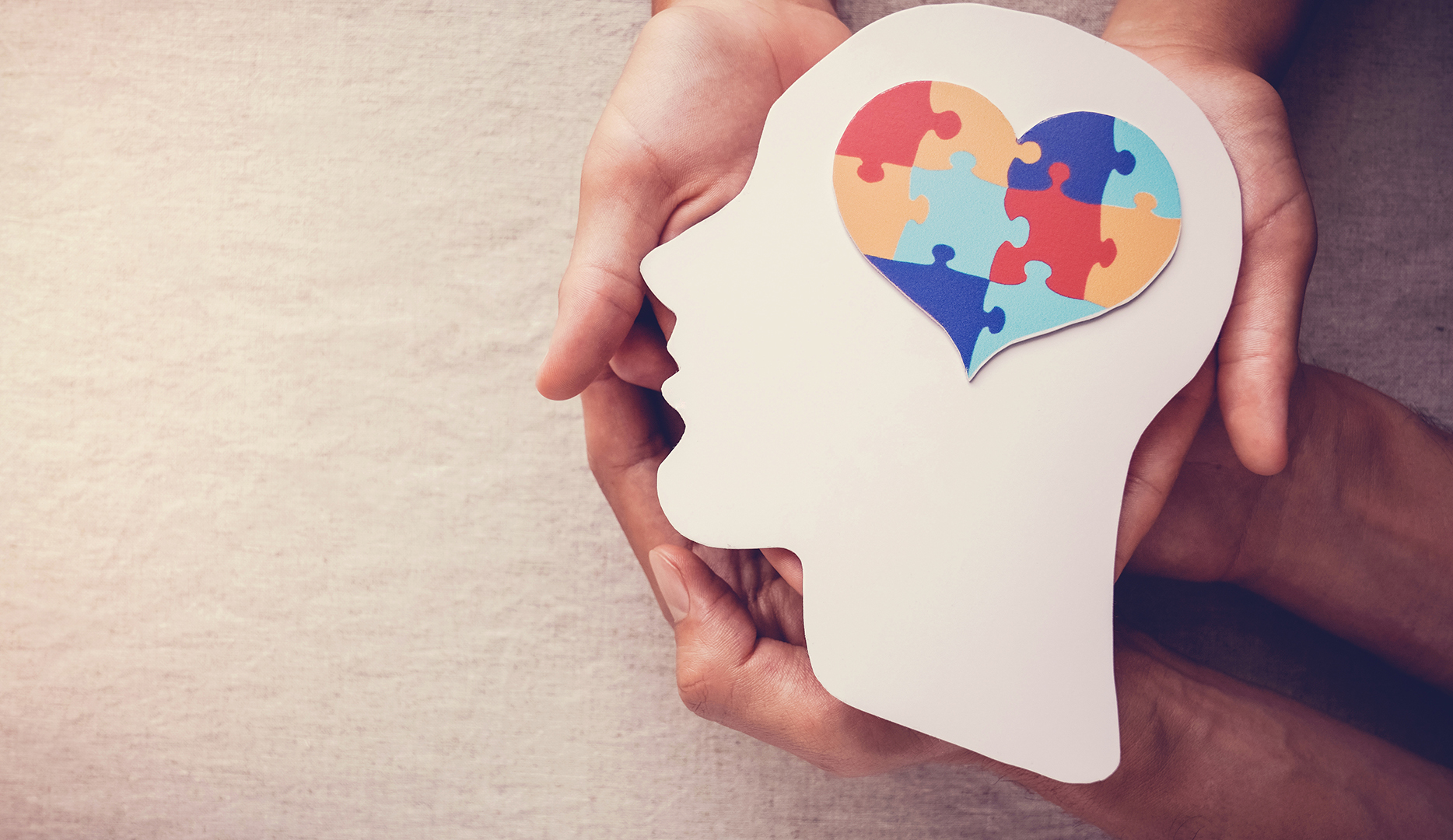
Getting Started with Mental Training
The Power of Visualization
Visualization is a potent mental training tool that athletes can use to enhance their performance. By vividly imagining themselves executing successful actions, athletes can improve their motor skills and confidence. Visualization allows athletes to mentally rehearse their desired outcomes, creating a powerful connection between their thoughts and actions.
Harnessing the Potential of Positive Self-Talk
Positive self-talk is an essential aspect of mental training. By replacing negative thoughts with positive and empowering affirmations, athletes can build self-confidence and maintain a resilient mindset. Positive self-talk is a robust internal dialogue that fuels motivation and helps athletes overcome challenges.
The Role of Mindfulness in Athletic Performance
Mindfulness is being fully present in the current moment without judgment. Athletes can benefit significantly from incorporating mindfulness into their training routine. Mindfulness enhances focus, reduces stress, and improves overall well-being. By cultivating mindfulness, athletes can optimize their performance and find a balance between the mind and body.
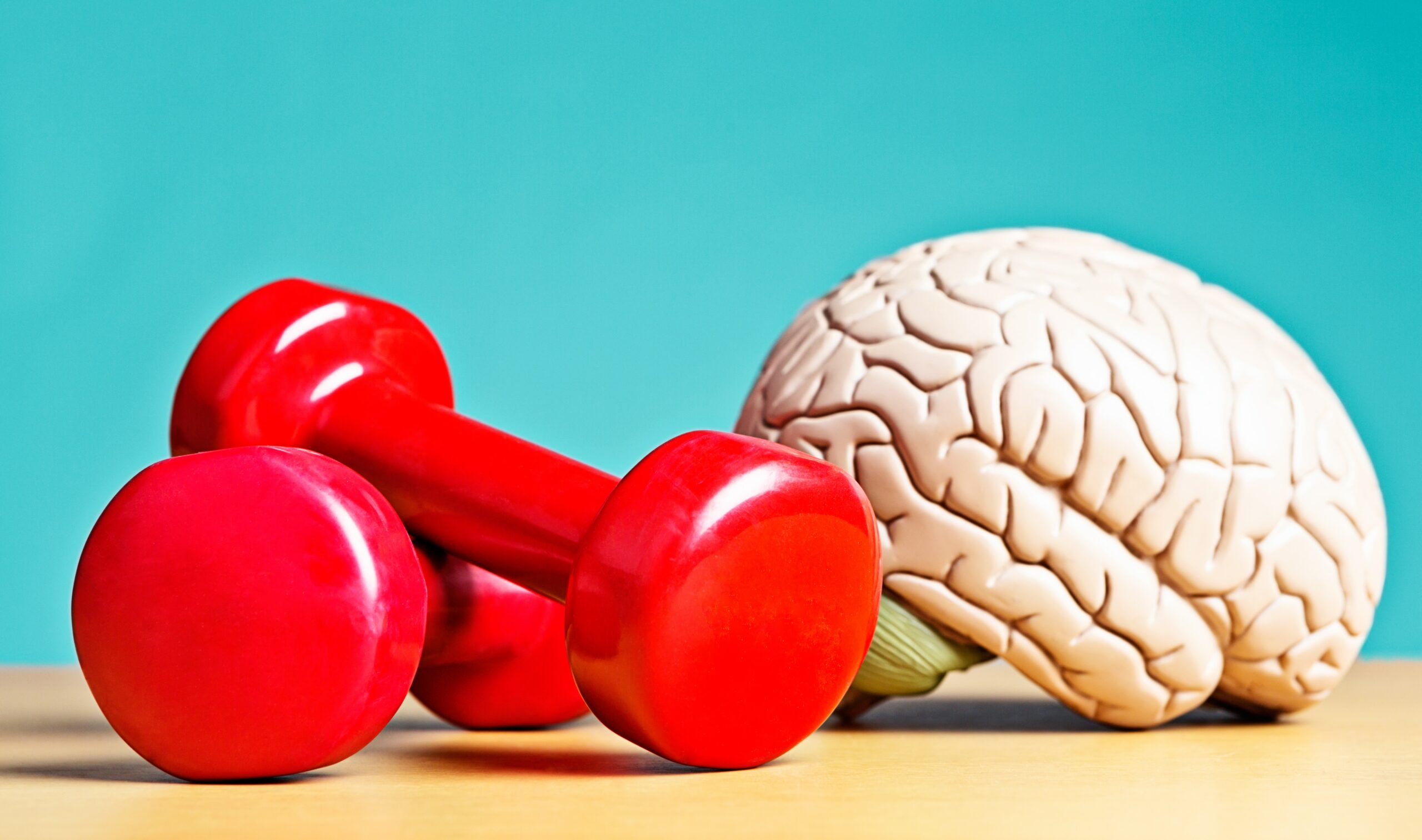
Conclusion
Mental training is an indispensable tool for athletes seeking to reach their full potential in sports. Athletes can strengthen their cognitive skills, overcome barriers, and unlock peak performance by incorporating mental training techniques into their regimen. Mental training is the bridge that connects physical prowess with mental resilience, forming the foundation for athletic success. So, athletes, remember, success starts with training your mind to achieve greatness.
FAQs – Mental Training Techniques for Athletes: From Meditation to Focus Drills
Q: What is the best age for young athletes to start mental training?
A: The best age for young athletes to start mental training may vary depending on individual development and maturity levels. However, introducing basic mental training concepts and techniques during the early stages of sports participation can lay a solid foundation for mental resilience and skill development.
Q: Can mental training improve physical skills?
A: Yes, mental training can indeed improve physical skills. By enhancing mental focus, concentration, and visualization abilities, athletes can optimize their physical performance. Mental training complements physical training, allowing athletes to maximize their overall potential.
Q: Do professional athletes use mental training techniques?
A: Absolutely. Professional athletes understand the significance of mental training and its impact on their performance. Many successful athletes incorporate mental training techniques into their daily practice to gain a competitive edge and maintain consistency in their performance.
Q: How can coaches incorporate mental training into their practices?
A: Coaches play a crucial role in facilitating mental training for athletes. They can incorporate mental training techniques by integrating mindfulness exercises, visualization drills, and positive reinforcement into their coaching strategies. Coaches can help athletes develop a well-rounded approach to their sport by emphasizing the importance of cognitive skills alongside physical training.
Q: Are there scientific studies supporting the effectiveness of mental training?
A: Yes, there is a wealth of scientific research supporting the effectiveness of mental training. Numerous studies have demonstrated the positive impact of mental training techniques on athletic performance, cognitive function, and overall well-being. These studies validate the value of mental training as a powerful tool for athletes.

